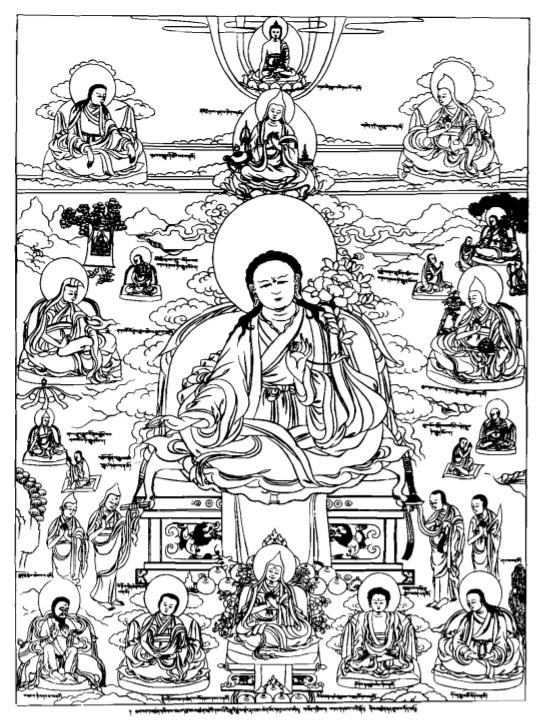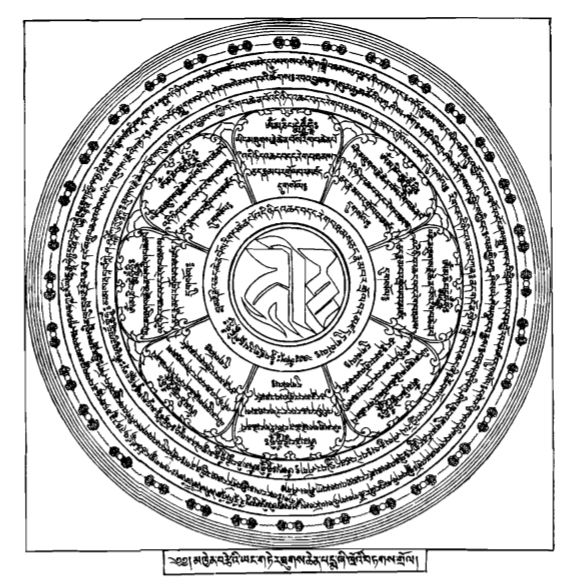The Benefits of Liberation
From Words of My Perfect Teacher:
Chapter 5
The Benefits of Liberation
Guided by many learned and accomplished sublime beings,
You have practised and experienced the instructions of your teachers.
You point out the sublime path unerringly to others.
Peerless Teacher, at your feet I bow.
The way to listen to this teaching on the benefits of liberation, and to the following chapter on how to follow a spiritual friend, is as explained before.
What is liberation? It is to find freedom from this ocean of suffering called samsara, and to attain the level of sravaka, a pratyekabuddha or perfect Buddhahood.
1. CAUSES LEADING TO LIBERATION
The causes of your attaining liberation are, firstly, making your mind workable through the four reflections that turn the mind from samsara, beginning with the difficulty of finding the freedoms and advantages; and secondly, undertaking all the practices starting from the taking of refuge, which is the foundation of all paths, right up until you perfectly complete the main practice.*
(*Although all the practices of the main part of the path are not formally described in this book, they are there in essence. The book is complete because it contains the entire meaning of the path.)
The benefits of each of these practices are explained in the relevant chapters.
II. THE RESULT: THE THREE LEVELS OF ENLIGHTENMENT
Whether your attainment is that of a sravaka, a pratyekabuddha or perfect Buddhahood, the result is peaceful and cooling, free from the dangerous pathways of samsaric suffering. What a joy that is!
Since, out of all the various paths, it is the Mahayana that you have now taken up, all practices-the ten positive actions, the four boundless qualities, the six transcendent perfections, the four concentrations, the four formless states, sustained calm and profound insight-should be done with perfect Buddhahood as your sole aim, and with the three supreme methods: giving rise to bodhicitta as preparation, remaining free of conceptualization during the actual meditation and closing with prayers of dedication.

Drom Tonpa (1005-1064)
(Geshe Tonpa was one of Atisa’s principal disciples and a founder of the Kadampa school, which emphasized a simple lifestyle and training the mind in compassion.)

